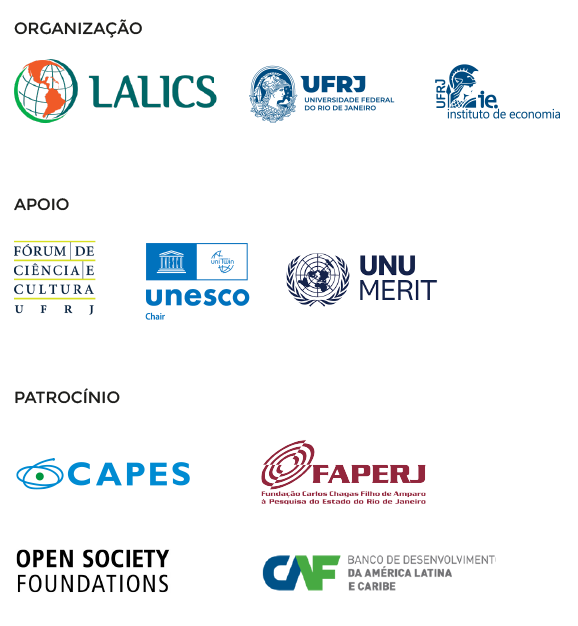UNESCO Chair special session in LALICS Conference 2025
“Digitalization and Artificial Intelligence: developments and implications for Latin America and the Caribbean”
There has been a global process of increasing intensity in the generation and use of knowledge in economic and social activities, which in the last decades has been closely associated with the diffusion of digital technologies. In addition, significant recent progress in machine learning and neural networks has fostered the development of Artificial Intelligence (AI). While concerns have been expressed regarding its potential risks, AI is debated to be the next General-Purpose Technology (GPT) and is likely to have a remarkably large impact on innovation, productivity and growth.
Given these characteristics, digital technologies and in particular, AI, are going to have disruptive impacts in production and society. Indeed, their development and adoption will not only impact productivity and growth but will also likely redefine power relations within and between countries and regions. Historically, radical innovations that produced technological paradigm shifts provided latecomer countries with the opportunity to catch up with more advanced economies (Soete, 1985). At the same time, however, failing to keep up with a moving global technological frontier risks further widening existing gaps (Fagerberg and Verspagen, 2002).
For Latin America and Caribbean (LAC) countries, that suffer from stagnant productivity growth and a sharp dualism across firms and sectors, the transformative potential of digital technologies and specifically of AI is of particular interest. Digital adoption in LAC firms is still scarce and not linked to the productive process (Hirs and Vargas, 2023; Ferraz et al., 2024), and substantial uncertainty remains about the benefits of adopting digital technologies (Cathles et al., 2022; OECD et al., 2023). Understanding LAC’s stand in digital technologies and specifically AI development and adoption is of crucial importance and can help inform policy in the region.

